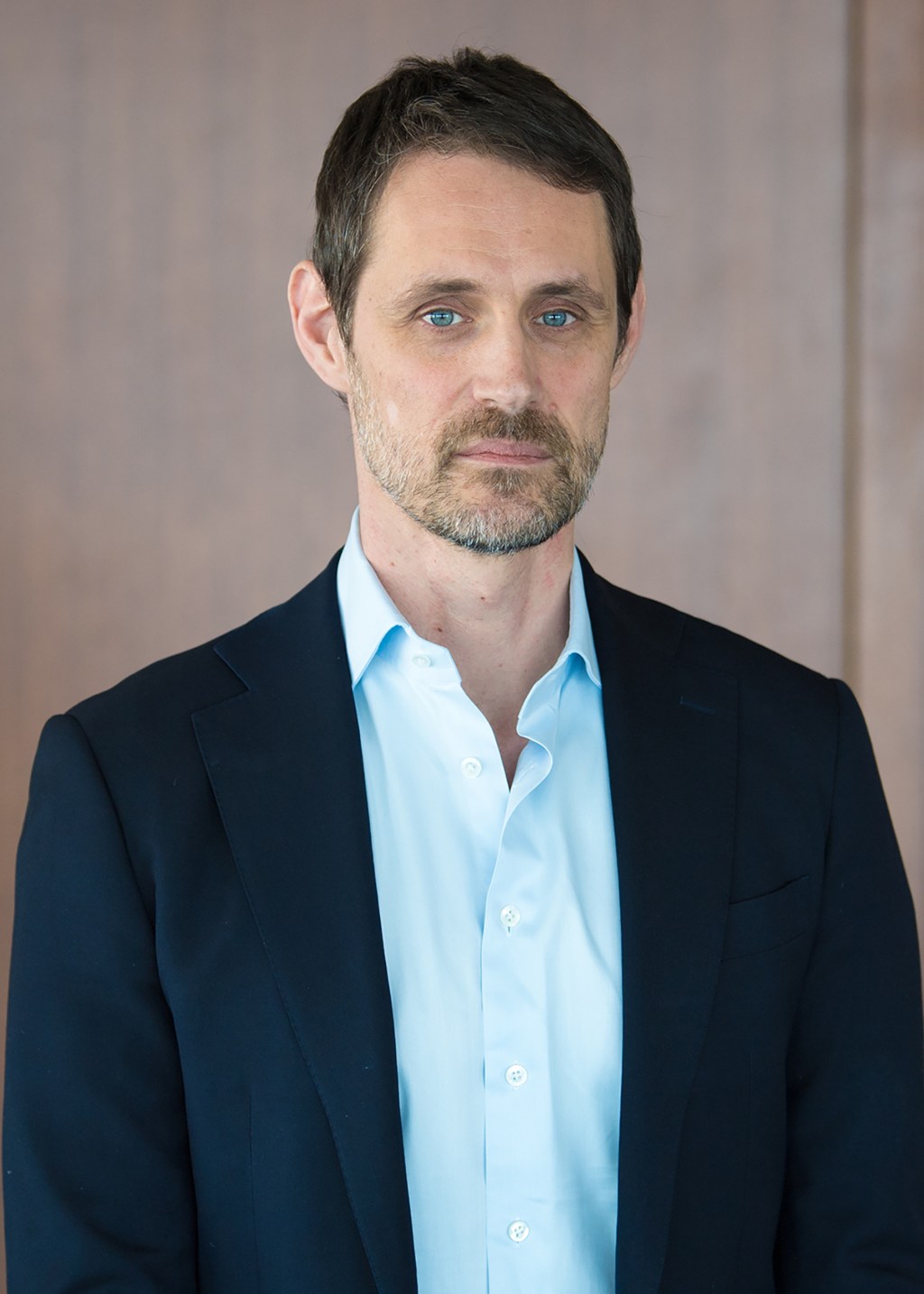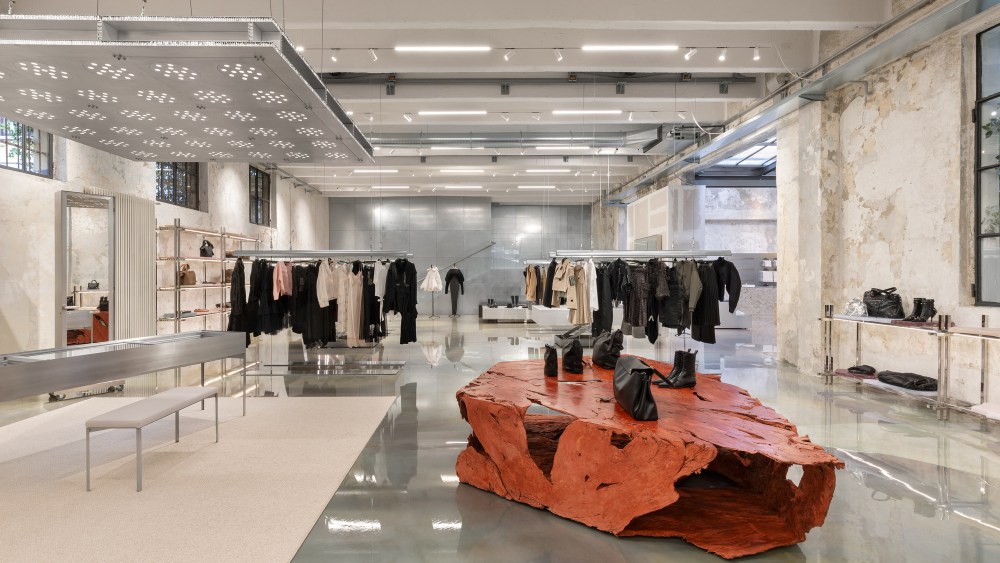Cosmo Roe has a knack for being where the action is and he’s now zeroing in on the well-heeled with a new gig — head of global luxury and beauty in Goldman Sachs’ investment banking business.
As the Goldman investment banker covering consumer technology, he worked on Amazon’s acquisition of Whole Foods, the sale of Reese Witherspoon’s Hello Sunshine to Blackstone and more.
Roe, who joined the banking giant in 2007, has recently nurtured an affinity for beauty, shepherding Tom Ford’s sale to The Estée Lauder Cos., Creed’s sale to Kering, the sales of Charlotte Tilbury, Byredo and Dr. Barbara Sturm to Puig and more.
His work in beauty, and now luxury, is a signal from Goldman that the space is ripe for more dealmaking.
Already, the beauty IPO machine has started back up with Goldman-led offerings from Galderma and Douglas and, soon, Puig.
“It’s very clear to us that public market investors are looking for more opportunities to put capital to work in that sector specifically,” Roe told WWD in an exclusive interview.
While buying into beauty has been a game for the big strategics like Lauder or L’Oréal or deep-pocketed private equity, the IPO market is opening the aperture some and letting more investors get in on the action.
At the same time, beauty dealmaking is changing.
“I don’t think the pace of M&A will slow down particularly, but people are being more selective because to some extent the barriers to entry for new brands have come down a little bit,” Roe said. “When you are executing M&A at this kind of size, you’re looking for brands that have longevity. So people are more selective.”
Meanwhile, the already intertwined worlds of beauty and luxury are also growing closer together, with Lauder’s acquisition of Tom Ford and Kering’s deal for Creed just two prominent examples.
“There’s an opportunity to be more creative with M&A in the space than there has been for a long time,” Roe said. “Just as there is in the beauty market, there’s a lot of private capital looking for a way to play the luxury market right now.”
Roe expects the deal market to outlast a somewhat shaky consumer.
“Although we’re going through a slightly more fragile time in terms of consumer demand, I think the long-term thesis around structural growth in the luxury market [remains intact],” he said.
“It also sets the scene for potentially larger-scale consolidation as people think about how to shift their business exposure and how to play the complicated dynamics between China, Europe and the U.S. from a consumer demand perspective, which I just think makes it a very dynamic market right now,” Roe said.
It doesn’t hurt that the financing market is strengthening as companies get comfortable operating with higher interest rates, making it easier to get deals done.
The challenge in luxury is that so many of the brands have already been scooped up, leaving the dealmaking market to wait on changes at family owned businesses or the evolution of brand portfolios.
Roe declined to discuss specific brands, but no doubt he’s keeping busy.



